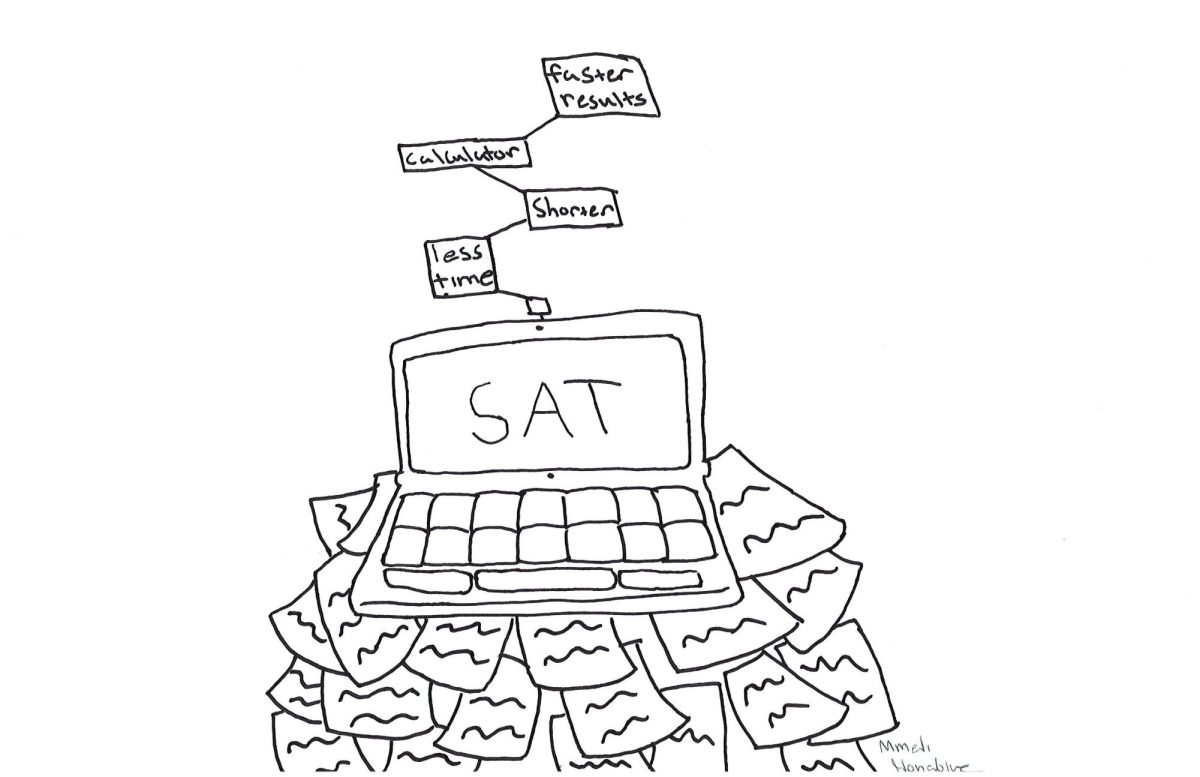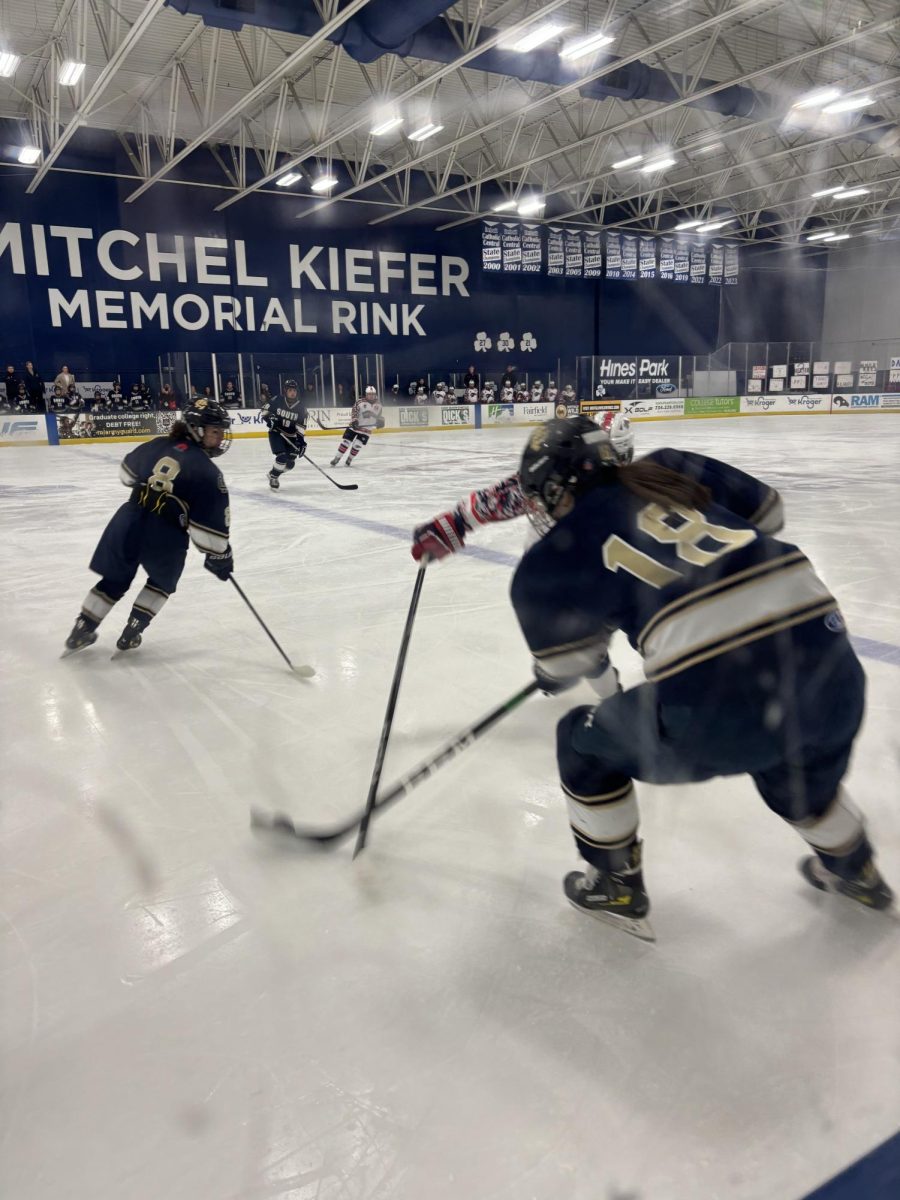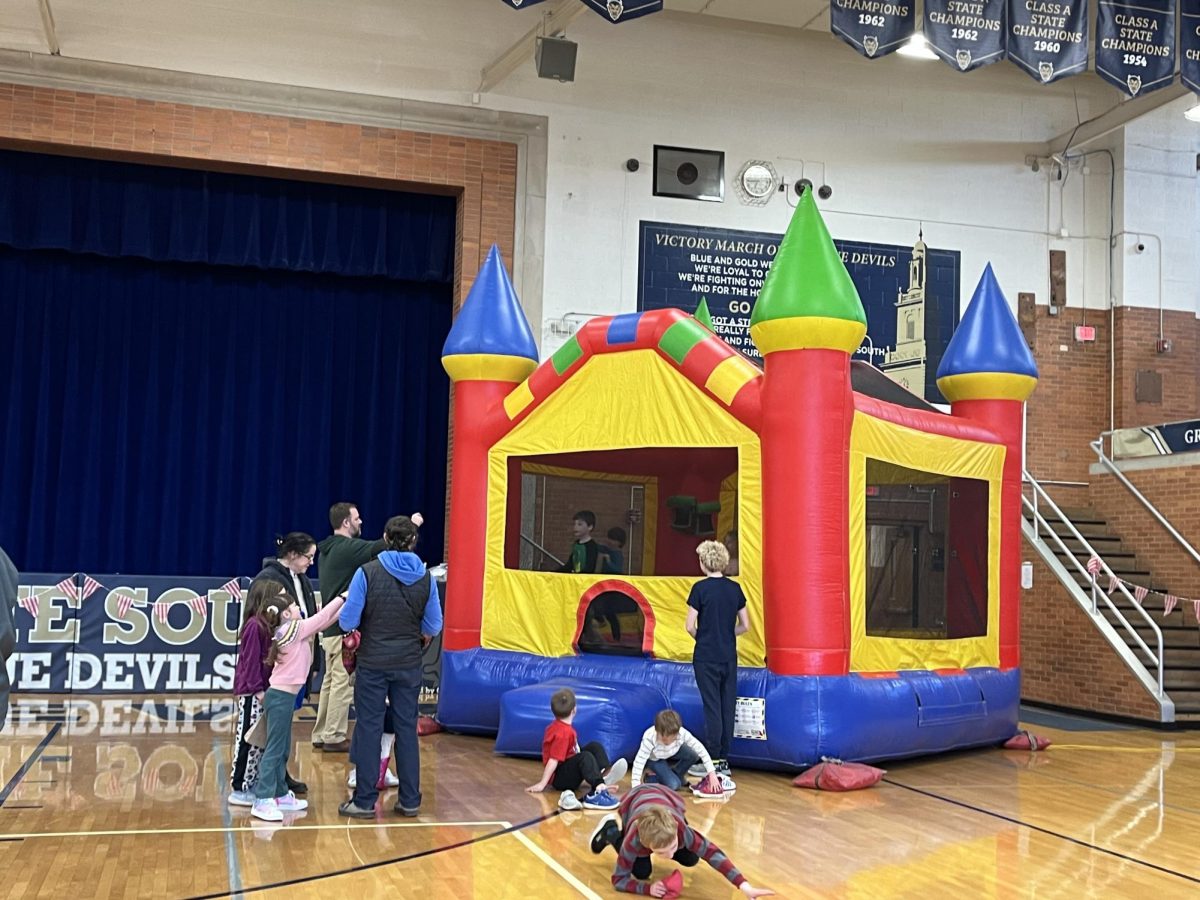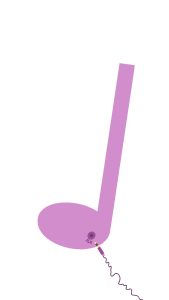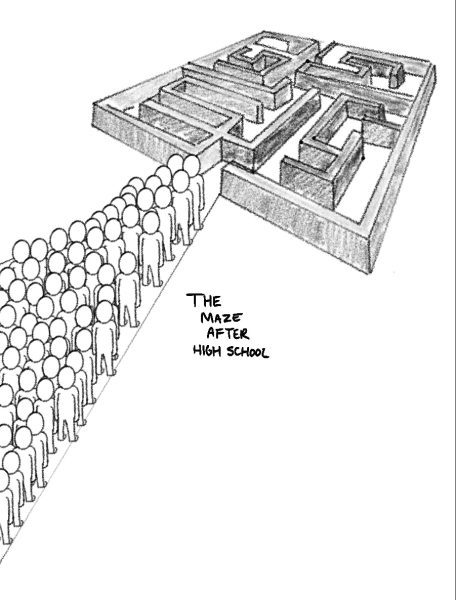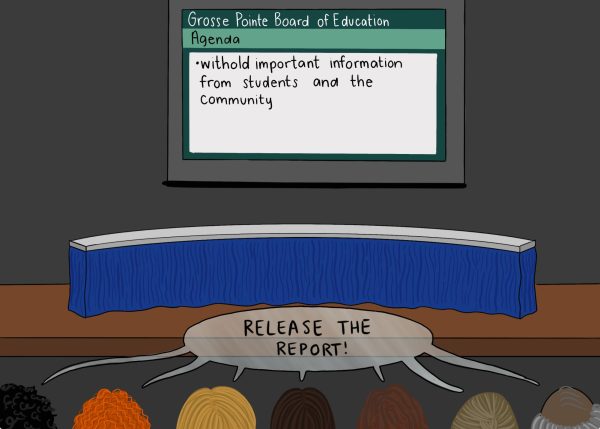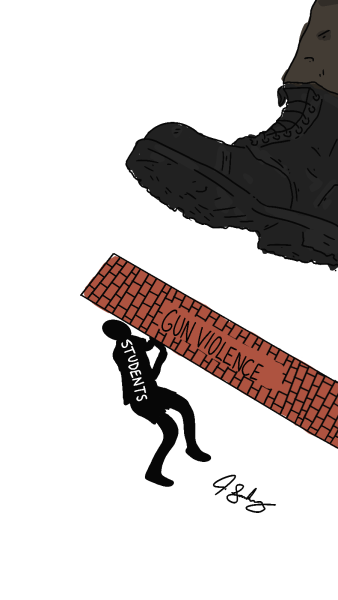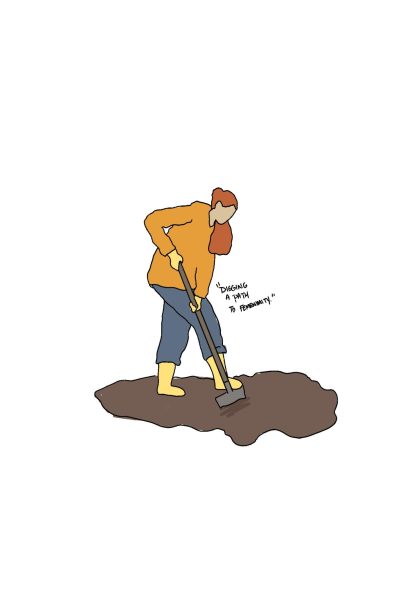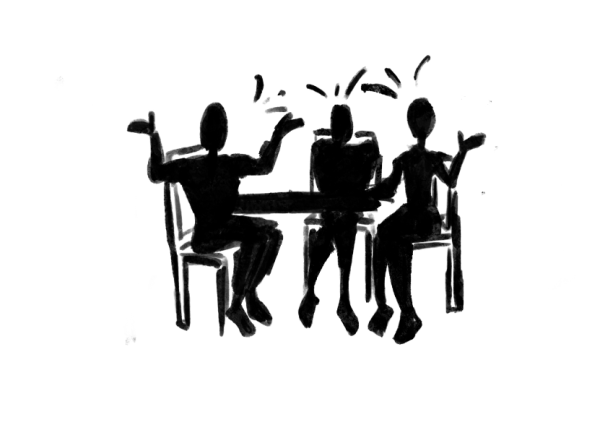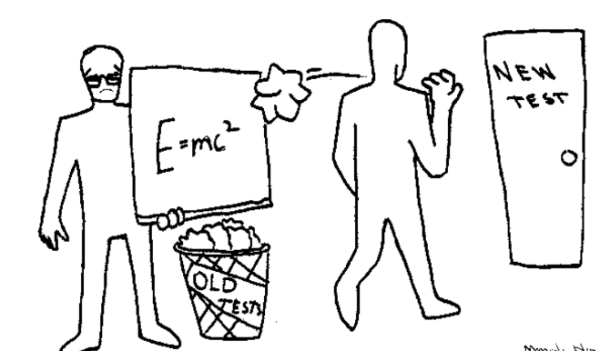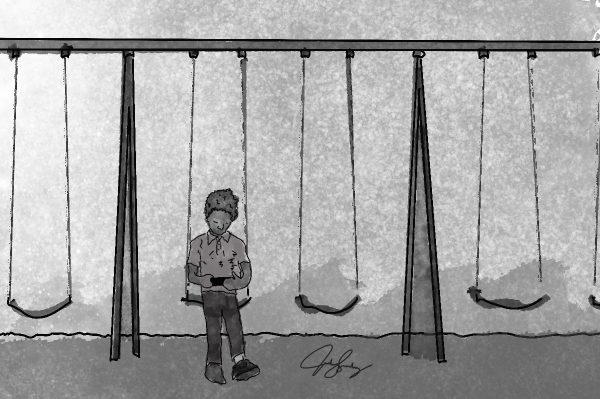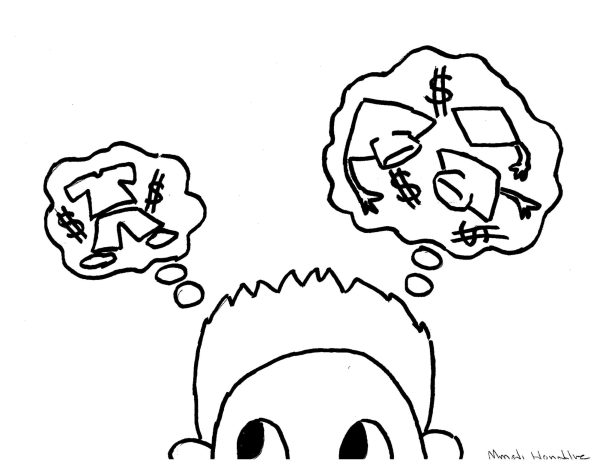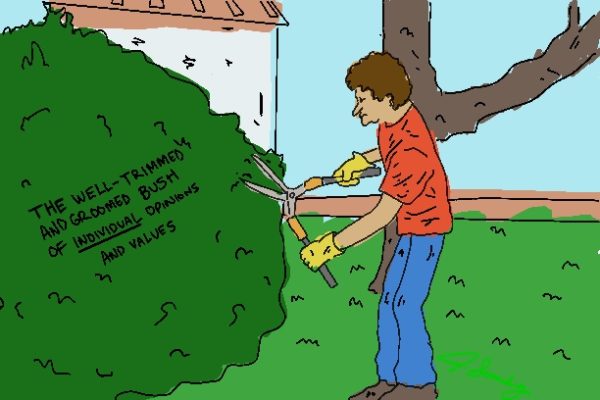Students may be feeling the pressure but cheaters never prosper
November 7, 2018
“Can you send the homework from last night?”
“What questions were on the test?”
We’ve all heard it, maybe even said or sent it. Cheating on tests and copying homework is becoming more and more prevalent throughout South. Cheating is having an unfair advantage, like using your phone or workbook during the test. At the click of a button your homework can be done instantly. Is the letter grade really worth not learning the material?
We at The Tower believe cheating in school roots from the pressure people feel that they need to cheat to do well.
One of the main factors is college; getting into college is a stressful part of any student’s life, and the main factor is your GPA. We believe as a society, adolescents are put in such a competitive atmosphere where they have to be the best of the best by being involved in everything. Many students at South are involved in sports and clubs to boost their college resume, but it’s time consuming. So, some turn to cheating instead of studying because they feel the need to be involved in everything and still get good grades.
The Tower isn’t saying being involved is a bad thing, but being over involved can stress a student and damage their mental health. According to an article published by NBC News, the “pressures of school work, social life, sports or other activities — combined with intense social media culture — mean that young people may be more stressed than ever before.”
It’s inevitable that students throughout the day discuss between different hours what’s on a test or discuss homework, but is that considered cheating? Is using Google Translate a form of cheating? Is it cheating when you ask a friend what was on the test the day you missed? This is when cheating becomes a gray area between right and wrong. For most classes, the consequences of cheating rely on the teacher and possibly administration if necessary. According to South science teacher, Stephen Kim, he counters the problem in his classroom by attentively watching his students and handing out different forms of the test. Whether the student gets a zero or a retake for cheating it is completely up to the teacher.
There is, in fact, a fine line between plagiarism and cheating. Plagiarizing is passing off someone else’s work as your own. Saying “he plagiarized on the test” is grammatically correct but not really ethically right. Plagiarism is generally affiliated with written works like an essay. A student caught plagiarizing someone else’s work usually results in far worse consequences than someone cheating.
We at The Tower understand the stresses of high school may make students resort to copying homework or to cheat on a test. We also want to make it known that South is full of resources that are able to help you if you are struggling to keep up with your school work that you should utilize instead of cheating. Whether it’s directly contacting your teacher or going to National Honor Society (NHS) tutoring, there is always another option that will teach you the material instead of having someone send it to you.















































